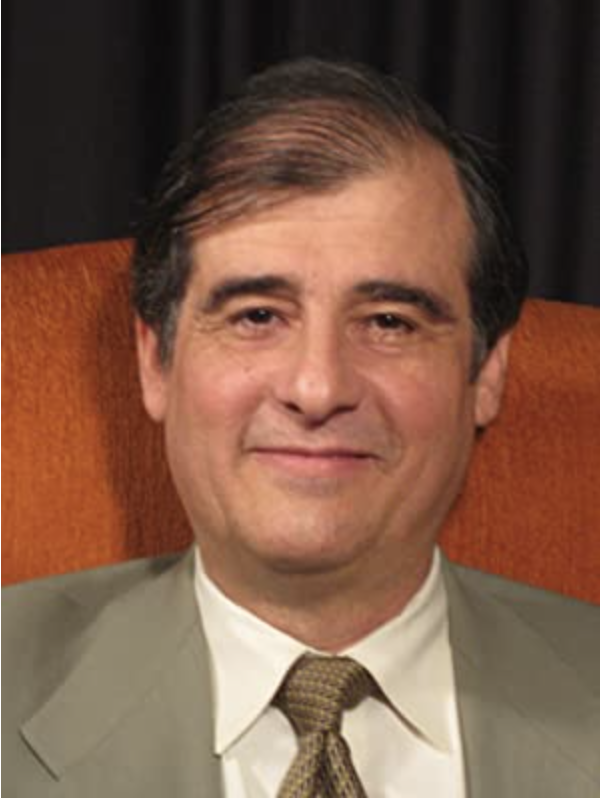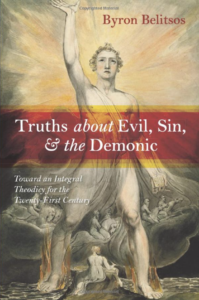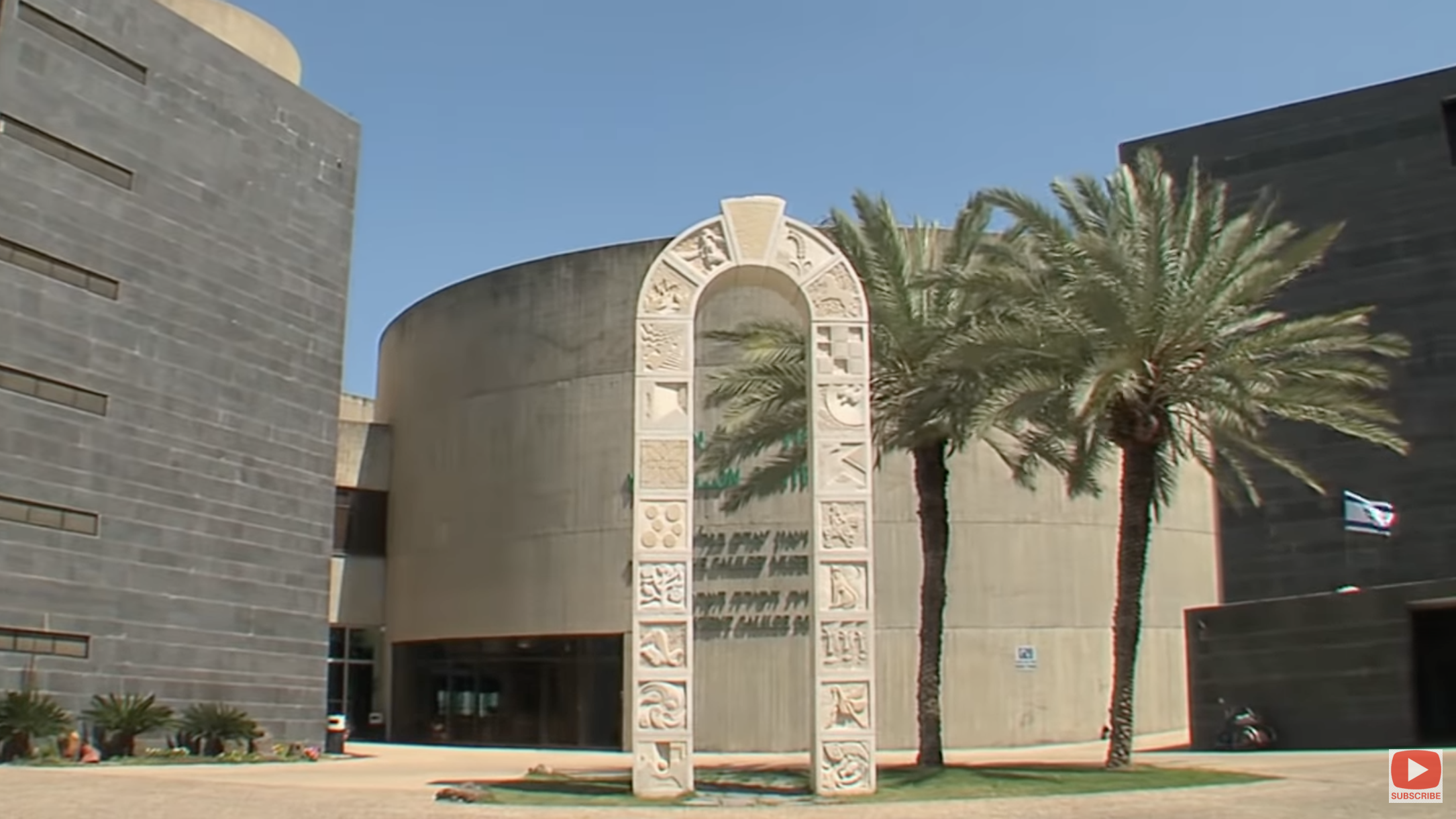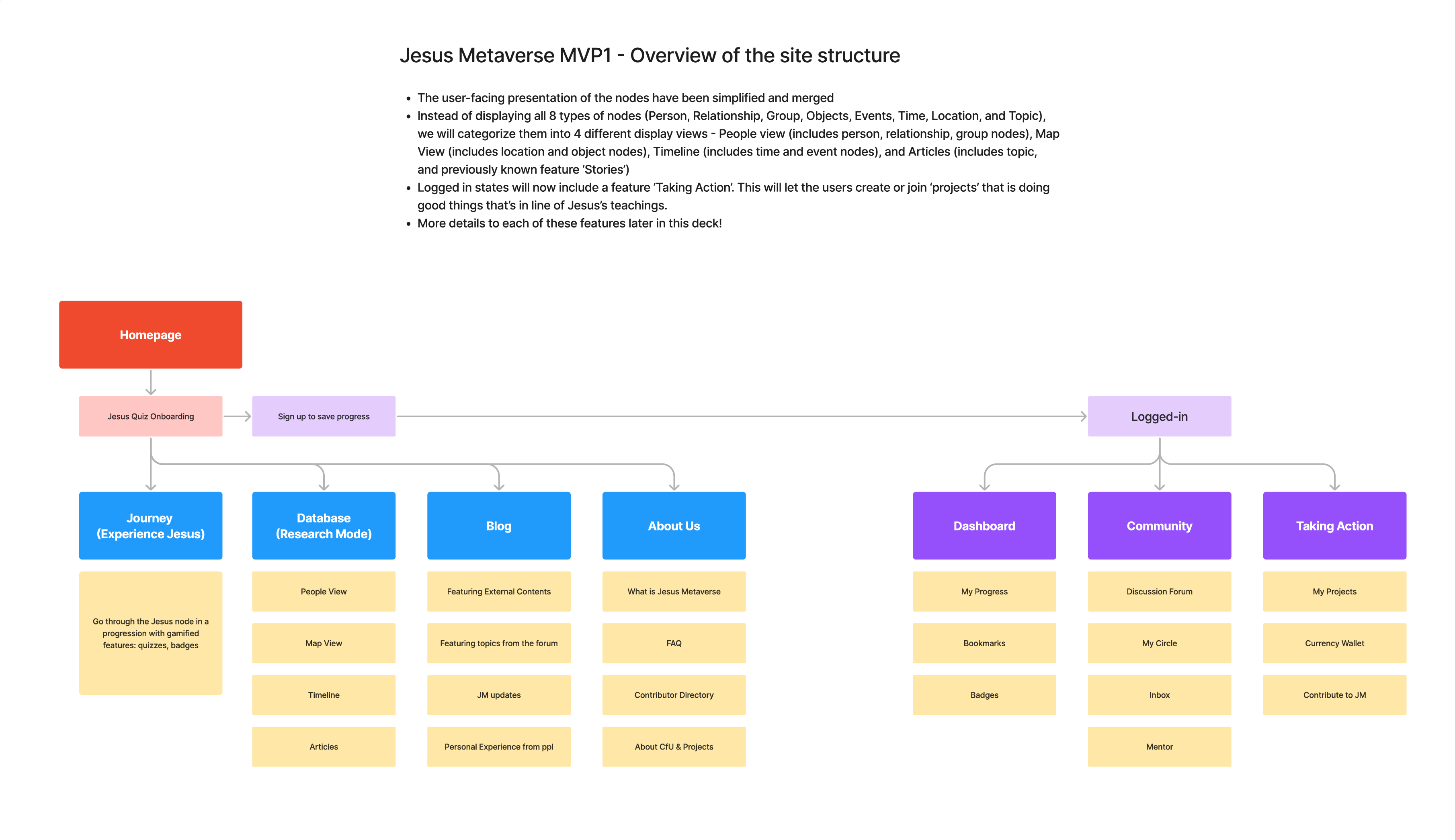SPOTLIGHT ON SECONDARY WORKS

BYRON BELITSOS
By Santiago Kneeland
Byron Belitsos is a long time reader of The Urantia Book, and has many connections to readers in the United States and abroad.
He’s an active participant with the Fellowship, and has written a couple of books that are secondary works of The Urantia Book.
His most recent book is a must-read! Truths about Evil, Sin, and the Demonic
You can find it at the following links:
Amazon (full price or eBook at $9.99)
40 percent off from the publisher, Wipf&Stock
How have Christians handled “the problem of evil”?
How does the Christian view compare with The Urantia Book?
Byron writes:
Those questions are tackled by my newest work, five years in the making. Just released, it’s entitled Truths about Evil, Sin, and the Demonic. This was my masters thesis at Union Theological Seminary, now greatly revised. Two of the ten chapters cover The Urantia Book, offering one of the first-ever academic introductions to it—but this book is also suited for anyone interested in philosophy and theology.
Contact Byron about an in-depth zoom seminar for your group; or attend his workshop at IC23. byron@originpress.com
An Excerpt from the Preface
Theologians have often been driven to formulate “solutions” to the perennial quandary of evil and the gross suffering that results. In ancient times the problem was first addressed with systematic depth in St. Augustine’s so-called free-will defense of God’s goodness. Only much later did this endeavor become the precarious technical discipline of theodicy, which isolates the problem of evil and submits it to theological and philosophic analysis. This book puts what I believe are the best of these efforts on display for your consideration.
I will ask questions such as these: Have such efforts provided real benefit? Have they rescued theism and sincere faith by reconciling the God of love with the depredations of evil? The short answer, as you will see, is both “yes” and “no”: Yes, because most of the classic theodicies seem plausible, and not because they often point us in such different directions that we are often left bewildered and even demoralized.
As a result, unity and coherence have proved elusive. For example, the earliest Christians embraced the idea that fallen angels were the primary source of evil and that salvation came from worshiping the incarnate God-man who deposed their leader Satan, the “god of this world.”
Meanwhile, the Eastern church evolved a rather different view: the doctrine that a humble partnership with God, experienced in a community of faith along with the rites of the church, led to the vanquishing of sinful tendencies.
 Saint Augustine argued that depraved human choices arising from original sin explain the presence of evil and that God alone delivered us by gifting us with grace through the sacraments and by mercifully providing for “greater goods” over time (even if many are predestined to suffer in hell eternally). Luther and Calvin built on this foundation while fully embracing predestination and the “bondage of the will” to sin—which required yet another set of practices and a brand new ecclesiology.
Saint Augustine argued that depraved human choices arising from original sin explain the presence of evil and that God alone delivered us by gifting us with grace through the sacraments and by mercifully providing for “greater goods” over time (even if many are predestined to suffer in hell eternally). Luther and Calvin built on this foundation while fully embracing predestination and the “bondage of the will” to sin—which required yet another set of practices and a brand new ecclesiology.
Much later, an important school of theodicy argued that the hardwon character development that accrues from soul-making provides the best rationale for the presence of sin and suffering.
The process theodicists tried yet another tactic altogether, setting aside the central Christian tenet of God’s omnipotence while affirming the stark reality of evil and the need to resolutely confront it while following the gentle lures God provides.
Some postmodern thinkers take refuge in negative theology, a contemporary form of the ancient discipline of apophasis that points us to the unfathomable nature of evil and the “unsayable” mystery of transcendent deity.
And, finally, the movement called anti theodicy argues that theodicies of any kind may actually desensitize us to the pain and anguish of others with such hollow and formalized arguments. Such discourses, they complain, reduce the problem of evil to a series of abstractions, thereby allowing us “to avert our gaze from particular evils.”
What we can say is that the theological effort to wrestle with evil, including horrendous evils, has a lengthy, variegated, and even convoluted history. What are the steps in that journey, and where has it taken us today? This book escorts readers on this journey of more than two millennia and is guaranteed to lead to a few surprises. One of them is that a quest for an integral theodicy, a grand synthesis of the best insights of all prior views, may provide our best hope for a rational approach to the challenge of evil, sin, and the demonic. A second surprise is that we may find considerable support from a purported revelatory text that seems to address key theodicies of the past in ways that support such an integrative approach.
. . . . The world wars and genocides of the last century led to increasing secularization, demoralization, and even a “death of God” movement. And it’s fair to say that today’s mounting planetary crises raise the ante even more. Today more sweeping formulations are needed in the aftermath of the rising threat of planetary ecocide and the continuing incidence of genocidal wars.
About the Author
Byron Belitsos is an award-winning book publisher who is also an author, editor, journalist, and educator. His recent most recent book is Your Evolving Soul: The Cosmic Spirituality of the Urantia Revelation (May 2017). Other recent books include The Adventure of Being Human (2012) and Healing a Broken World (2014). He is considered a leading exponent of The Urantia Book, having spoken widely on its teachings in the U.S. and Europe. He has also trained in Zen and Tibetan Buddhism and is a practitioner in the Eastern Orthodox Christian tradition.
He received a B.A. (Honors) from the University of Chicago in modern intellectual history in 1977. His graduate work since then has embraced history, religious studies, psychology, and theology in courses taken at Naropa Institute; the University of California (Santa Cruz); the California Institute of Integral Studies; and Graduate Theological Union at UC Berkeley.
Belitsos was the principal author of the acclaimed One World Democracy (2005), which is based in part on political teachings of the Urantia Revelation. He also edited and published Discovery of Atlantis (2004), a pioneering title noted worldwide whose thesis is derived from teachings in The Urantia Book.
After founding Origin Press in 1996, he published numerous titles by well-known authors that have won more than a dozen national prizes, including A Return to Healing—which he coauthored—winner of a Nautilus Gold Award in 2009. Byron was an inaugural member of Ken Wilber’s Integral Institute and was a board member of the Democratic World Federalists. He lives in San Rafael, California.
Amazon Preview Text:
The Problem of Evil and the Predicament of Theodicy
As Christians or theists we are moved to share the truth of God’s love for humankind. But how can we speak of such providential care in a world rife with crime, war, racism, genocide, and even ecocide? In response to this predicament, a theodicy proposes a rational “defense” of God’s goodness that offers consolation to victims and hope to all believers. Truths about Evil, Sin, and the Demonic provides a sweeping history of the discipline of theodicy that focuses on its strategic turning points and its possible future. Belitsos argues that, because of the atrocities of the last century and the threat of horrendous evils in the coming century, we need to marshal the most explanatory elements of all previous theodicies and then drive toward an “integrative” model based on a creative synthesis. The author also turns to a modern revelatory source that supports his argument for such a “meta-theodicy.” He concludes by critically engaging with this source and the entire tradition in his call for an apophatically informed integral theodicy.





